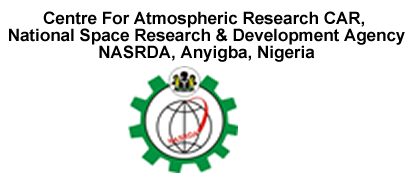West Africa Air Quality

Background
Megacities and increased urbanization is occurring globally. Many African cities are growing quickly and that growth results in increased emissions of a suite of air pollutants. Increasing exploitation of fossil fuels continues to add a burden to the already stressed air quality. West Africa is especially in great need of atmospheric measurements to understand the impact of rapidly growing population on air quality. Lagos, Nigeria is now the most populated African city and has experienced rapid growth. The population increased from 1.4 million in 1970 to its current level (~20 million) in just over 40 years. These changes not only impact the quality of life and health in the region, but also agriculture, food supplies, economic well-being, regional and eventually the global climate. There is a specific need to understand emissions of various atmospheric pollutants both locally and regionally. This information would help atmospheric models better simulate concentrations of gasses and aerosols used in regional and global models and would enable health workers to better characterize polluted areas and sensitive populations. Without consistent long-term measurements, here is a large gap between our understanding of how much air pollution is or will be emitted over West Africa in the future and that the health and atmospheric impacts are. [http://carnasrda.com/ 2014]